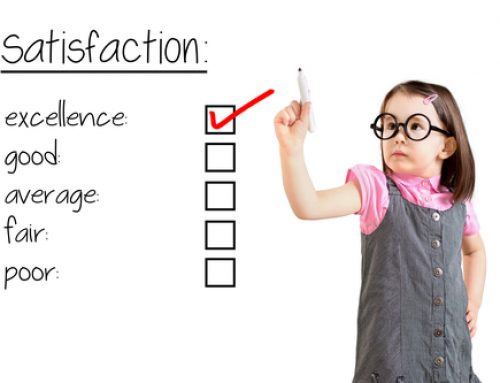What is Agency?

Having agency means, ‘Being able to make choices and decisions to influence events and to have an impact on one’s world’1.
As children develop a sense of agency they realise that they have the ability to make their own decisions and to control their own lives. A sense of agency is an important part of a strong sense of identity 3 and has been identified as a foundation to learning and wellbeing 2.
Why document agency?
The National Quality Framework (NQF) and National Quality Standards (NQS) both specifically highlight agency as a key concept to a child’s development.
NQF Outcome 1.2 Chilldren develop their autonomy, inter-dependence, resilience and sense of agency.
NQS 1.1.6 Each child’s agency is promoted, enabling them to make choices and decisions and to influence events and their world.
Providing sufficient documented evidence of a consistently applied pedagogy, promoting agency, is beneficial in meeting the assessment and rating process.
Detailed documentation also enables objective assertions to be made about a child’s development of agency. Undocumented anecdotal evidence will only provide subjective assumption to be concluded. Therefore high quality documentation will provide accurate evidence and show commitment to promoting effective learning and agency for children.
Documenting agency in the QIP
A centre’s values and physical environment can influence the development of a child’s agency. The Quality Improvement Plan (QIP) allows a centre to outline their strengths or specify key improvement areas for QA 1 (element 1.1.6) where perceived deficiencies are identified.
What opportunities are there in your setting for children to make meaningful decisions and choices about things that affect them?
How do you enable children to make a range of choices and decisions to influence events in their world?
Documenting agency in planning
Many pre-planned activities can promote agency for children, which may seem contradictory to the understanding of agency as ‘free choice’. However, planning an activity requested by a child can empower, give ownership and establish that their opinions matter and that they can ‘influence events in their world’.
When writing a child requested activity, state within the document how the idea came about. Outline discussions that were had with older children or interpreted cues given by younger children without verbal communication skills.
Documenting agency in observations
Observation is a simple way to provide evidence of children developing agency in a centres programming. Make an intentional link to NQF outcome 1.2 within the observation and specifically discuss how agency was encouraged or developed.
What problems were encountered and what solutions were formulated?
Was there an instance where the educator needed to take control and why?
Was there an opportunity to extend the activity/interaction in planning future activities?
Documenting agency in a written reflection
Reflective practice allows an educator to outline where success or areas for improvement for either the child or themselves were identified. This can be applied to agency for a child and the way in which the educator facilitated the learning and development.
Was the child actively involved in decision making or were they a reluctant participant?
Was there a consequence to the choices made by the child and was scaffolding provided by the educator, or peers, within the situation?
What were the child’s emotional responses over the course of the interaction e.g. joy, persistence or frustration etc?
What could be improved or implemented in the future to further extend a child’s agency?
Did you have pre conceived bias as to what the child was capable of achieving? If so did this have an influence on how you interacted with the child and their agency?
Conclusion
Promoting agency cannot be prescribed, but being aware of the importance of agency and providing consistent opportunities which are documented shows a commitment to the intent of the NQF and NQS.
How do you support children to develop a sense of agency?
You can document agency, and much more on One Child. Sign up for free and try it now!
References
- Early Years Learning Framework p45
- PROMOTING CHILDREN’S AGENCY IN EARLY CHILDHOOD EDUCATION: Angela MASHFORD-SCOTT* & Amelia CHURCH**Novitas-ROYAL (Research on Youth and Language), 2011, 5 (1), 15-38.
- EYLF Postcards – Thinking about the EYLF – Thoughts to inspire.








